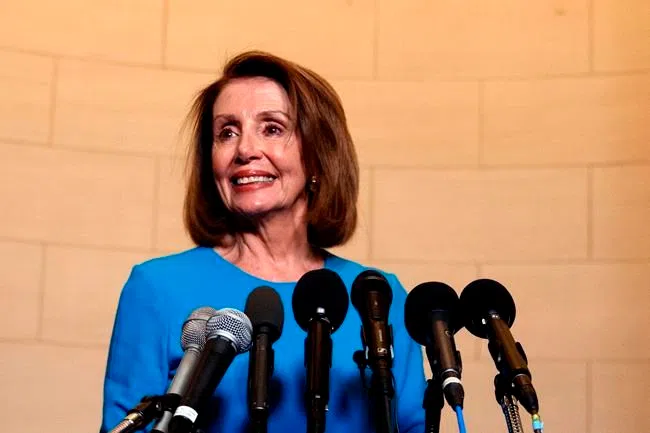
Washington’s new power standoff – Trump, Pelosi
WASHINGTON — They haven’t spoken in days, not since President Donald Trump called to congratulate Nancy Pelosi on Democrats’ election night win.
But they don’t really need to. Trump and Pelosi go way back, from the time she first showed up at Trump Tower fundraising for the Democrats long before he would become president or she the House speaker. Two big-name heirs to big-city honchos — Trump and Pelosi each had fathers who were political power players in their home towns — they’ve rubbed elbows on the Manhattan social scene for years.
And despite daily barbs in Washington, he’s always “Mr. President” to her, and she’s one prominent politician he has not labeled with a derisive nickname.
Not quite friends, nor enemies, theirs is perhaps the most important relationship in Washington. If anything is to come of the new era of divided government, with a Republican president and Democratic control of the House, it will happen in the deal-making space between two of the country’s most polarizing politicians.
